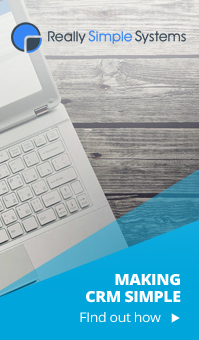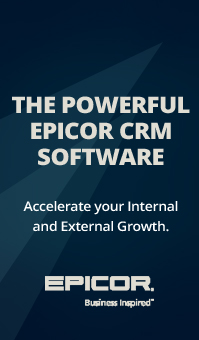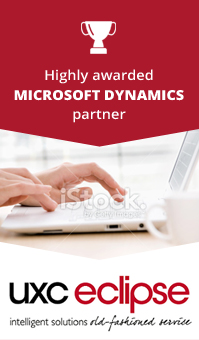
Cloud CRM
What are the benefits of Cloud CRM?
All hardware and software required to support the application is housed at a remote, off-site location and supervised by a third-party service provider. The service provider will also oversee all the work associated with deployment and administration - including installation, integration, testing, and routine maintenance - and store and manage all application data.
Instead of purchasing all the needed components, companies "rent" or subscribe a Web-based solution as a service, and access and use it via the Internet. Providers typically charge a monthly or an annual fee, based on application usage.
Among the primary benefits of Cloud CRM are its affordability (since there is no hardware or software to buy, there are no large initial expenditures), ease-of-deployment, and rapid return on investment. Cloud CRM solutions also eliminate the time and labour required for system administration. Since all maintenance is conducted by the service provider, minimal burden is placed on internal IT resources, leaving them free to work on other technology projects.
There are some benefits in this, the carbon footprint of sharing systems is significant – one vendor claims to have 77,000 customers running on only 3,000 servers globally. In an On-site situation this would be a 1:1 ratio.
Summary - Pros of Cloud CRM
- Faster time to value.
- Better accessibility for remote locations.
- Easy deployment.
- Frequent updates.
- Cost-effective.
What are the negatives of Cloud CRM?
Most businesses rely upon high-speed internet connectivity nowadays. Cloud CRM applications rely upon it 100% so if there is no Internet link there is no system access. If you need to integrate with other systems then this will also be done over the Internet and a review of your communications systems will need to be done. In large companies these systems would typically be co-located in the same computer centre – which is usually not an option with Cloud CRM.
Cloud CRM is based upon a rental model. Essentially you use the systems for x dollars per month for as long as they have a useful life. Many IT systems will have a useful life of 8-10 years and so this can be an expensive option. On the other hand, they can be switched off quickly.
As all your data sits in a data centre in the cloud and all backups are carried out by the vendors, then accessing data (other than through a PC) can be difficult. If you want to replace that system with another it can be difficult.
The vendor looks after security - Internet scams, attacks on servers and data security are all issues that affect a business and you are expecting the vendor to manage these better than your IT staff can.
Using standard products is always cheaper than customising an application for your precise needs. This applies even more so for Cloud applications.
Summary - Negatives of Cloud CRM
- Needs a reliable high-speed internet connection.
- Over time, the TCO (Total Cost of Ownership) can be higher.
- Shifting to another vendor may not be easy.
- Data security is always a nagging worry because it’s not in
your control.
- Customisation and integration is not always easy.
Date posted: 2014-12-15 | posted by: miked
Tweet



